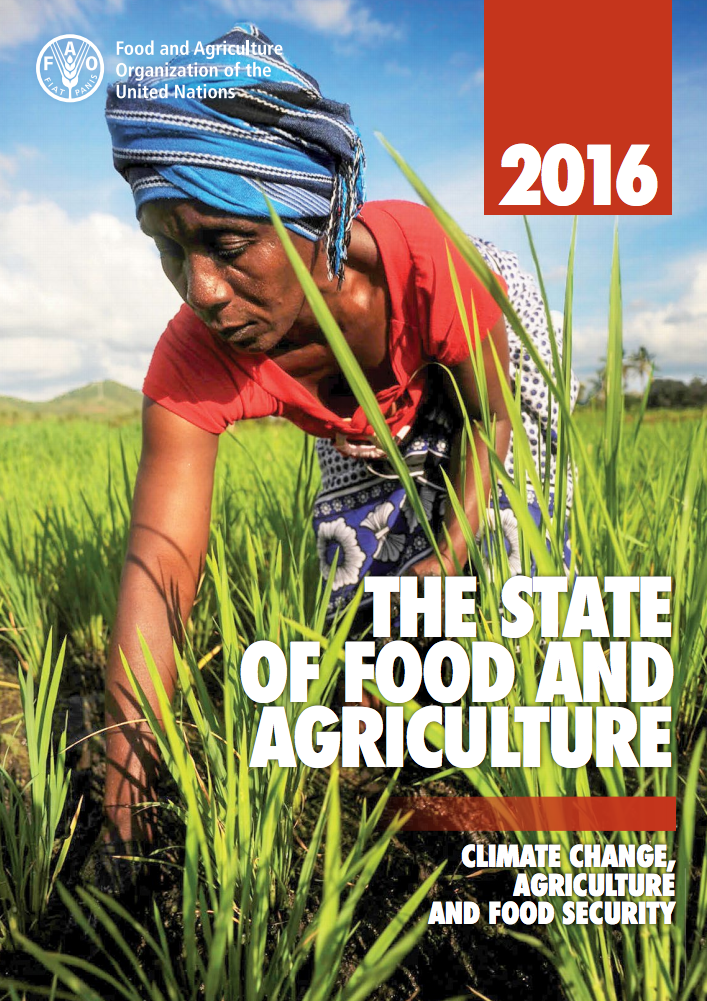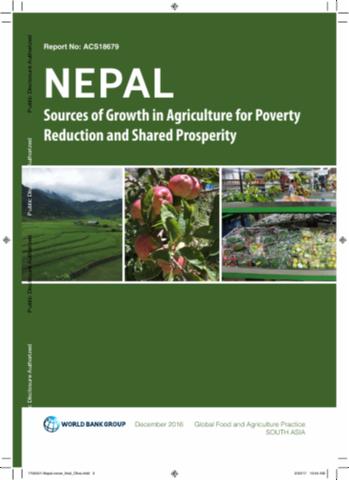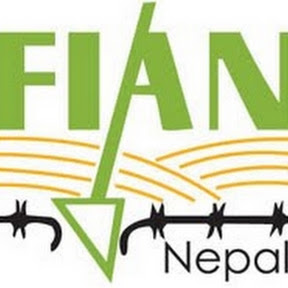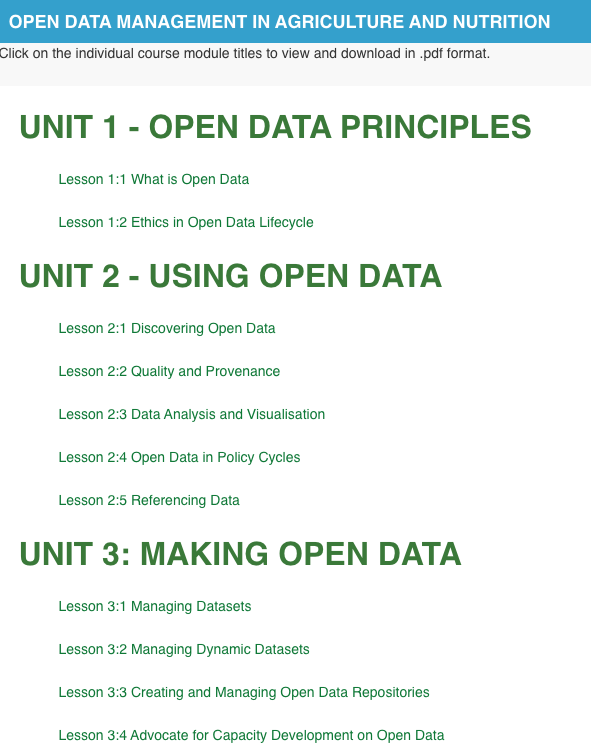Zimbabwe: Country Programming Framework for Zimbabwe 2016-2020
The CPF 2016-2020 is aligned to the Government of Zimbabwe’s (GoZ) priorities which are aimed at providing an enabling environment for sustainable economic empowerment and social transformation. The key priority pillars for attaining this are: i) Food Security and Nutrition, ii) Social Services and Poverty Eradication, iii) Infrastructure and Utilities and iv) Value Addition and Beneficiation.







